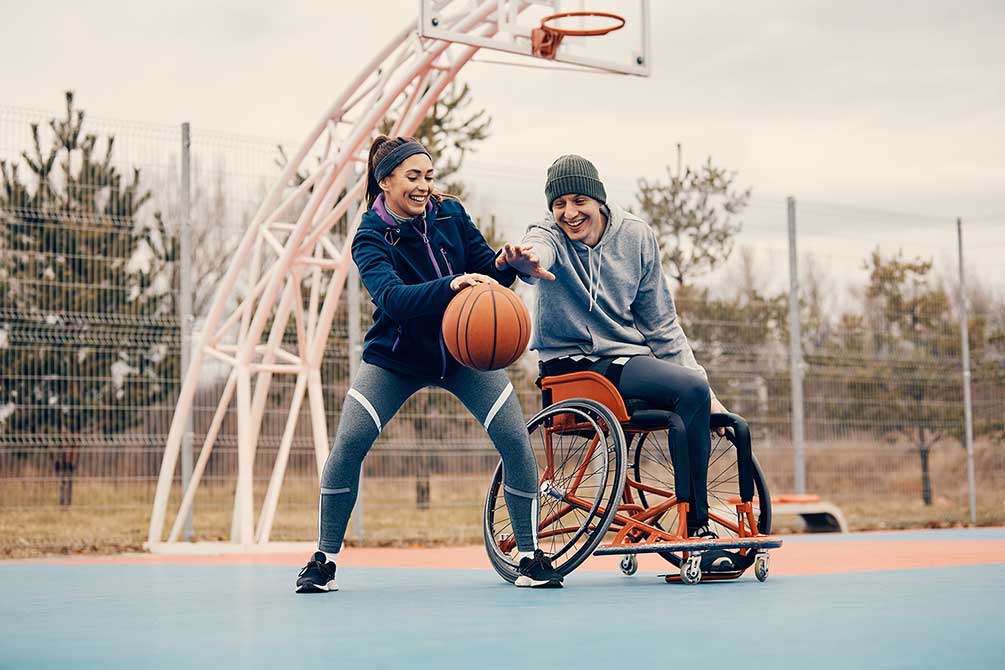

ABOUT PROJECT REFOCUS
The COVID-19 pandemic spotlighted how the toxic stress of racism, coupled with staggering health inequities, harms socially marginalized individuals, families and communities while undermining beneficial public health practices before, during and after crises. According to the CDC (2022), social stigma is discrimination against an identifiable group of people, a place, or a nation. Stigma is associated with a lack of knowledge about how an illness or disease spreads, a need to blame someone, fears about disease and death, and gossip that spreads rumors and myths.
Public health emergencies, are stressful times for people and communities. Fear and anxiety about a disease can lead to social stigma, which is negative attitudes and beliefs toward people, places, or things. Stigma can lead to labeling, stereotyping, discrimination, and other negative behaviors toward others.
The COVID-19 pandemic It wasn’t the first time that America’s most vulnerable populations were blamed for creating or contributing to a national health care emergency.
HIV and MERs are just two other examples where stigmatization of people living on society’s margins led to counterproductive distrust and resistance to taking actions needed to stay healthy and combat a public-health catastrophe.
However, communities are able to conquer social stigma through efforts that seek to reduce unintentional harms of public health surveillance, endear community connectedness, promote social organizing that works collaboratively with public health institutions, and the identification of adaptive means of coping in order to reduce stress, minimize trauma, and remain resilient – particularly when crises seemingly never end.


what if...?
…government representation looked more like us?
PROJECT
REFOCUS
Addressing this challenge is the mission of Project Racial Ethnic Framing of Community-Informed and Unifying Surveillance, or Project REFOCUS.
Created in 2020, the Project REFOCUS initiative is intended to center communities disproportionately impacted by public health crises and to assist practitioners in responding effectively to the harmful effects of social and racial stigma all the time, not just in an emergency.
Project REFOCUS provides a real-time crisis monitoring system and educational resources for practitioners. These tools are necessary to adequately monitor the presence of social stigma and support historically marginalized and disproportionately affected populations.


Racism is recognized as a public health crisis (CDC, 2020) and is known to be a fundamental cause of health inequities.
(Williams, 2019)
What does this mean for public health practice?
Racism—both interpersonal and structural—negatively affects the mental and physical health of millions of people, preventing them from attaining their highest level of health, and consequently, affecting the health of our nation (CDC, 2021).
In order to detect the impacts of racism on a given population, practitioners need tools to monitor, detect, and interpret related data. This is essential to the planning implementation and evaluation of public health practice (WHO, 2021).
Project REFOCUS is a promising solution that contributes in two ways:
technology
real-time crisis monitoring system that provides comprehensive data to monitor social stigma and support disproportionately affected populations.
education
tools and resources so that public health practitioners, journalists and community leaders better understand the drivers of social stigma
Public health interventions targeting racism and social stigma are urgently needed
- Interventions should address the interrelated mechanisms and critical leverage points through which racism operates and design interventions to get at racism’s causes simultaneously.
- The systemic nature of racism implies that effective solutions to addressing racism need to be comprehensive and emphasize upstream, structural, and institutional interventions.
- Interventions should also promote adaptive coping strategies like storytelling, resiliency, community connectedness, optimism and belonging.